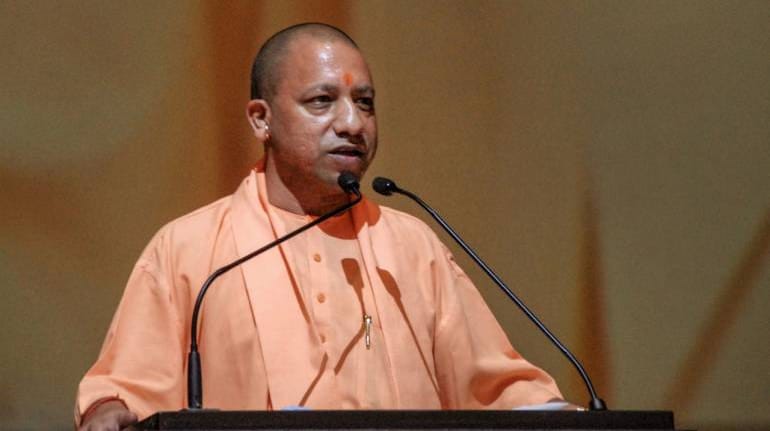



Anand Kochukudy
Uttar Pradesh Chief Minister Yogi Adityanath calling the Indian Union Muslim League (IUML) a “virus” in a tweet has sparked off a huge debate. Adityanath, known for his rabble-rousing hate speeches, was apparently referring to Congress President Rahul Gandhi’s candidature in Wayanad in Kerala and the presence of the IUML in this constituency. In fact, the green flag of the IUML was also being used by the Right-wing ecosystem on social media platforms to insinuate that Pakistan flags were waved at Gandhi’s roadshow in Wayanad.
While fact-checking platforms did a good job of debunking the manufactured flag controversy, Adityanath's comments have put the focus back on the politics of the IUML. The party came to existence in 1948 in India like the Awami League in Bangladesh (East Pakistan) after the disbanding of the All India Muslim League following Partition. It was primarily limited to Kerala and had a small presence in Tamil Nadu and West Bengal. In Kerala, the IUML has been part of various coalition governments and held ministerial berths since 1967.
It took the party more than a decade in Kerala to get accepted as a mainstream outfit as the Congress-Praja Socialist Party (PSP) alliance that came to power in 1960 in Kerala did not give them representation in the Cabinet despite being an ally. In fact, KM Seethi Sahib of the IUML was asked to resign from the primary membership of the party before occupying the position of Speaker of the Kerala assembly. It was EMS Namboothirippad's seven-party coalition government in 1967 that gave the IUML representation in the state Cabinet. In fact, CH Mohammed Koya of the IUML even briefly occupied the Chief Minister's chair in a short-lived coalition experiment in the late seventies.
When the IUML split in 1976, the splinter party joined the alliance led by the Communist Party of India (Marxist) only to reunite under the banner of the IUML in 1985 in the Congress-led United Democratic Front (UDF). It split again in 1994 when its President Ebrahim Sulaiman Sait walked away with his followers in the post-Babri masjid milieu. It is now a constituent of the CPI (M)-led Left Democratic Front (LDF) in Kerala even as the IUML has remained an ally of Congress since 1969.
Along with its history, it is important to evaluate the role played by this party in Kerala. Unlike Islamic outfits such as, say the Jamath-e-Islami, the IUML has remained a moderate party practising identity politics. Although it strives to advance the interests of the Muslim community, the IUML has come to acquire a secular tag on account of its moderation. Its utility came to the fore in the post-Babri demolition phase by preventing any untoward incident in its strongholds in Malabar and preserving the social fabric. This, even as many radical outfits and its leaders such as Abdul Nazer Madhani were gaining prominence, with its own existence at stake.
It is a fact that the IUML has long stood as a bulwark against the spread of radical Islam among Muslims in Malabar through its leadership and the advocacy of moderation and arbitration. This has also checked the rise of radical outfits such as the Popular Front (and its political unit Social Democratic Party of India) and forced outfits such as the Jamath-e-Islami to adopt a Left posture for survival.
Although the ‘fifth minister’ controversy in 2012 during Oommen Chandy's chief ministership caused some aversion against it among the general public in Kerala, it has its acceptability intact by continuing to espouse moderate politics. The IUML continues to champion identity politics just as the Bahujan Samaj Party (BSP) or the Samajwadi Party (SP) in Uttar Pradesh. Probably it is the ‘Muslim’ in its name that is causing consternation to the saffron-clad monk who’s also the Chief Minister of India's largest state and prompting him to use it to polarise voters among religious lines for electoral gains.
Anand Kochukudy is a Delhi-based academic and political commentator. Views are personal.
For more Opinion pieces, click here.
Discover the latest Business News, Sensex, and Nifty updates. Obtain Personal Finance insights, tax queries, and expert opinions on Moneycontrol or download the Moneycontrol App to stay updated!
Find the best of Al News in one place, specially curated for you every weekend.
Stay on top of the latest tech trends and biggest startup news.